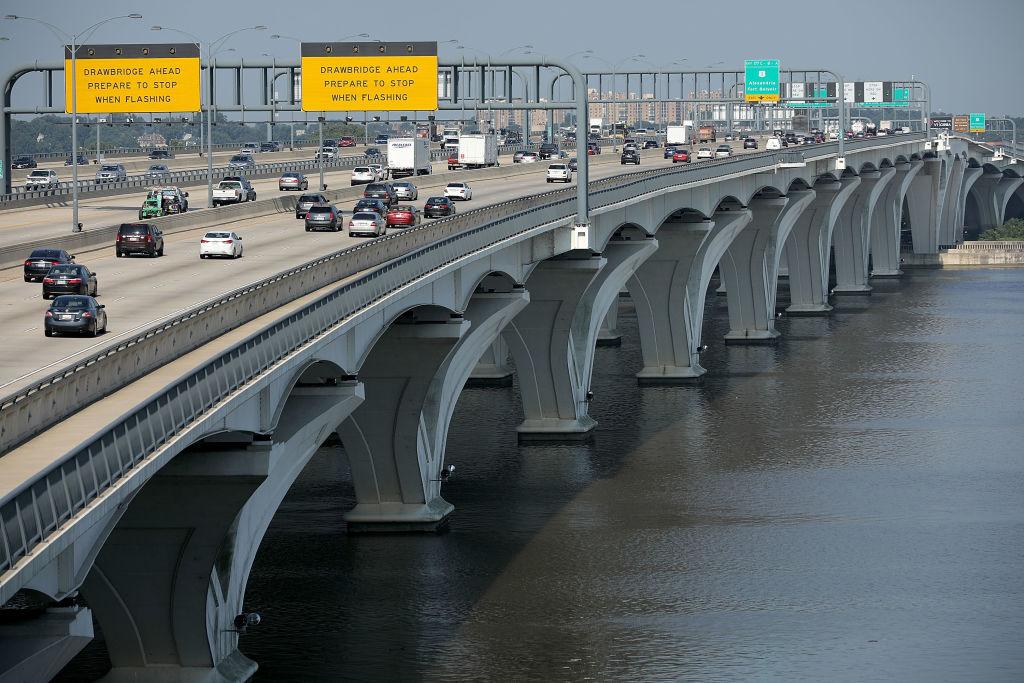WASHINGTON—America’s infrastructure bill is long overdue, and there is strong bipartisan support to fix the nation’s “crumbling” highways, bridges, and ports. However, business leaders have slammed the Democrats’ plan to roll back tax reform to pay for it.
“Pulling back from tax reform to fund infrastructure is a one-step-forward, one-step-back dance,” U.S. Chamber of Commerce President and CEO Thomas Donohue said at the 2019 Infrastructure Summit hosted by the organization on Feb. 5.





